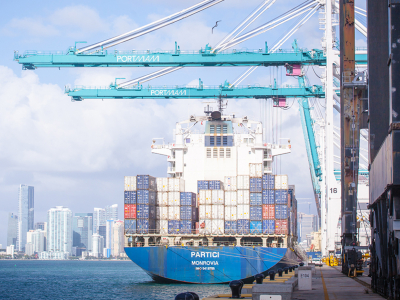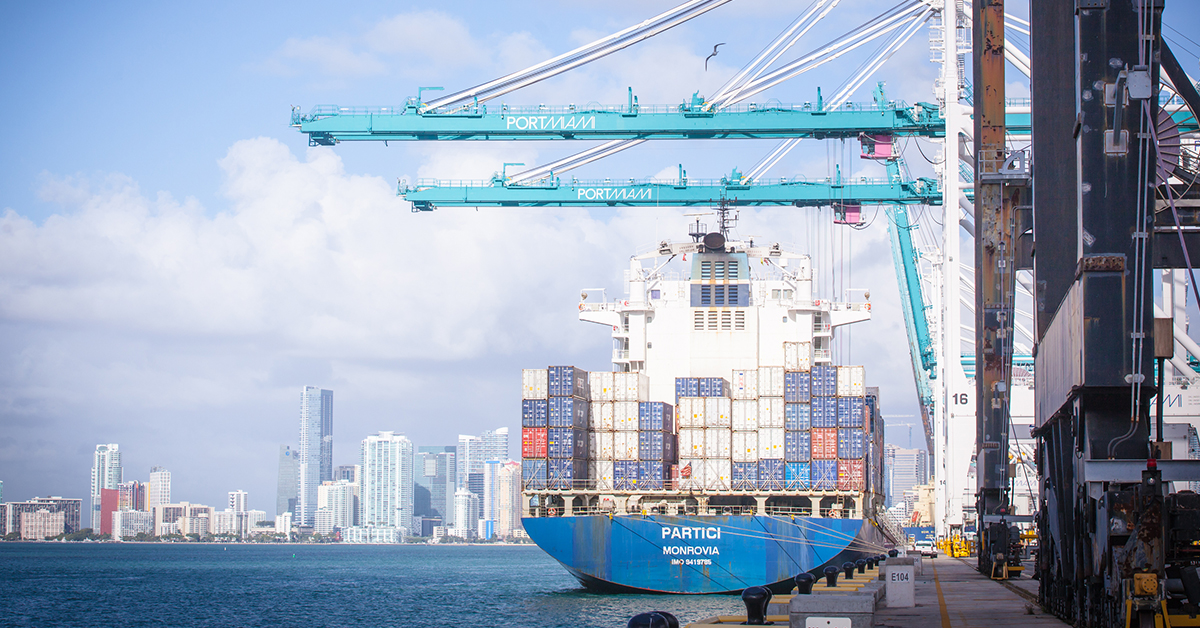The logistic and supply chain managing industries are constantly changing due to global problems and opportunities. Even as the COVID-19 pandemic brought critical vulnerabilities to light, it also accelerated the pace of innovation and change that is setting new marks for a more resilient and productive future.
Influential Trends Reshaping the Future of Logistics and Supply Chain Management
Supply Chain Resilience
The pandemic underlined the importance of resilient supply chains that can sustain such shocks. Today, companies are focusing on:
- Supplier diversification to reduce dependence on single-source locations like China.
- Nearshoring and reshoring to bring production closer to the end markets.
- Building safety stock with the use of predictive analytics to avoid stock-outs.
Advanced Technologies Rise to the Forefront
Technology continues to affect the way logistics and supply chain operations are done. New developing technologies include:
- Artificial Intelligence (AI): AI-powered tools show better demand forecasting, inventory optimization, and route planning.
- Blockchain Technology: It allows for transparency and traceability-be it pharmaceuticals or even food items.
- Internet of Things (IoT): These devices track shipments in real time and minimize delays for increased customer satisfaction.
- Automation and Robotics: Operations related to warehousing and last-mile delivery are increasingly becoming automated to achieve speedier and more cost-effective processes.
Sustainability and Green Logistics
It's no longer optional; it's a must-have.
Companies are using:
- Electric and alternative-fuel vehicles for deliveries.
- Improved packaging to save waste and shipping costs.
- Circular supply chains that mean much more recycling and reuse of material.
E-commerce Growth and Last-Mile Innovations
E-commerce has surged, reshaping the way goods are distributed. Key developments include:
- Micro-fulfillment centers in urban areas to reduce delivery time.
- Drone and autonomous vehicle deliveries to streamline the last mile.
- Same-day and scheduled delivery are just some of the customer-centric delivery models.
Workforce Development and Human Capital
As technology evolves, there is a growing requirement for skilled manpower. In this regard, companies are increasingly focusing on:
- Upskilling their employees by training them to manage such advanced systems.
- Diverse talents attract innovation in problem-solving.
- Supply chain professionals use flexible work models to adapt to dynamic environments.
Field Professional Opportunities
The demand for supply chain professionals has never been higher, including for such roles as the:
- Supply Chain Analyst ($65,000–$85,000 average salary)
- Logistics Manager: $75,000–$100,000 average salary
- Procurement Specialist: $70,000–$90,000 average salary
- Operations Director: $110,000+ average salary
Why Choose FIU for Supply Chain Management?
Graduates from FIU's Master of Science in Logistics and Supply Chain Management program leave with the skills and knowledge necessary to excel in these high-demand careers by applying innovative tools and practices.
FIU’s program prepares students to lead in the rapidly evolving supply chain industry. Key features include:
- Hands-on experience with advanced technologies like AI and blockchain.
- Industry partnerships that provide networking and career opportunities.
- Focus on global supply chain strategies to address complex challenges.
To learn more about earning a master’s degree, attend one of our information sessions.


